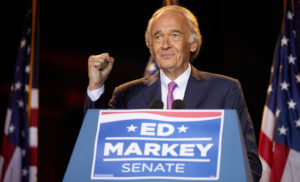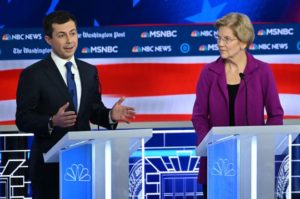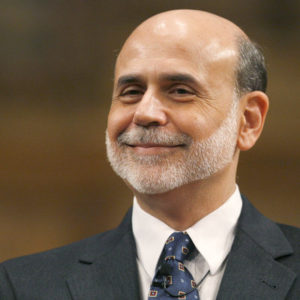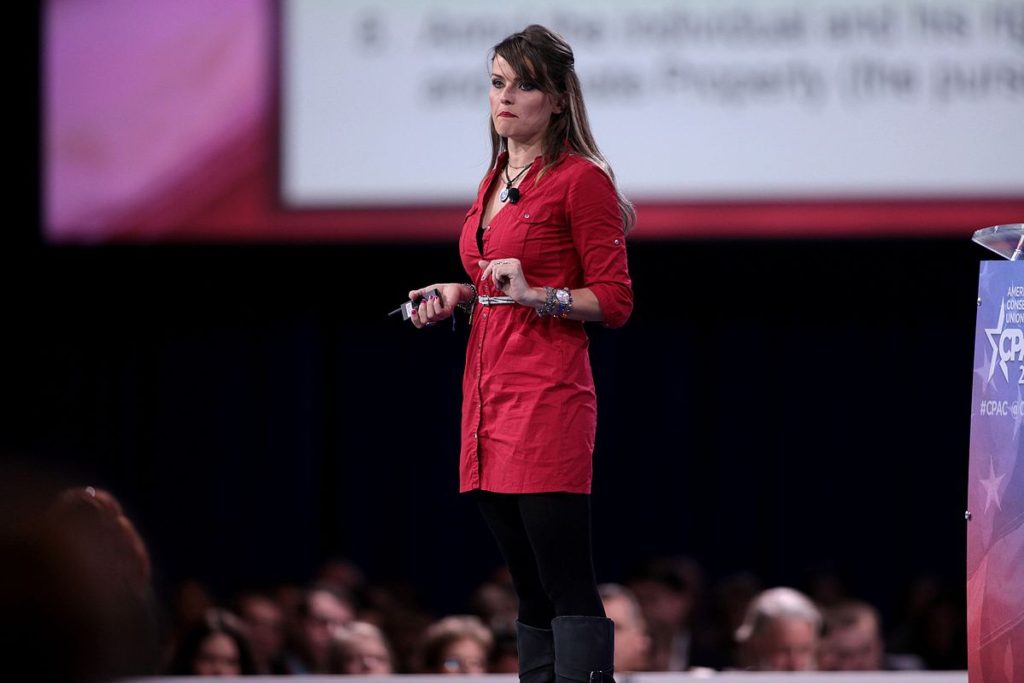
It’s a secret to no one that Latin America doesn’t have a rich history of stable democracies or economies. Guatemala is one of many Latin American countries that have struggled throughout history to maintain a fair democracy, societal stability, and a buoyant economy. June will see Guatemalans seize the voting booths and elect a new President off a lengthy menu featuring over 25 candidates. One of those candidates is the self-described “anti-populist” Gloria Álvarez.
Amid a corruption investigation dogging current President Jimmy Morales and his politically influential wife, Patricia Marroquín, Álvarez is running as an anti-corruption candidate. The constitution barrs President Morales from seeking a second four-year term.
I had the opportunity recently to interview Gloria Álvarez about her campaign and the election. Aged 34, she is a political commentator, media personality, and a published author. At the National Civic Movement of Guatemala, an organization which promotes citizen engagement in politics, she is its program director. Her latest book, ‘How to Talk to a Progressive,’ follows her first work, ‘The Populist Deception: Why our countries are ruined and how to rescue them.’
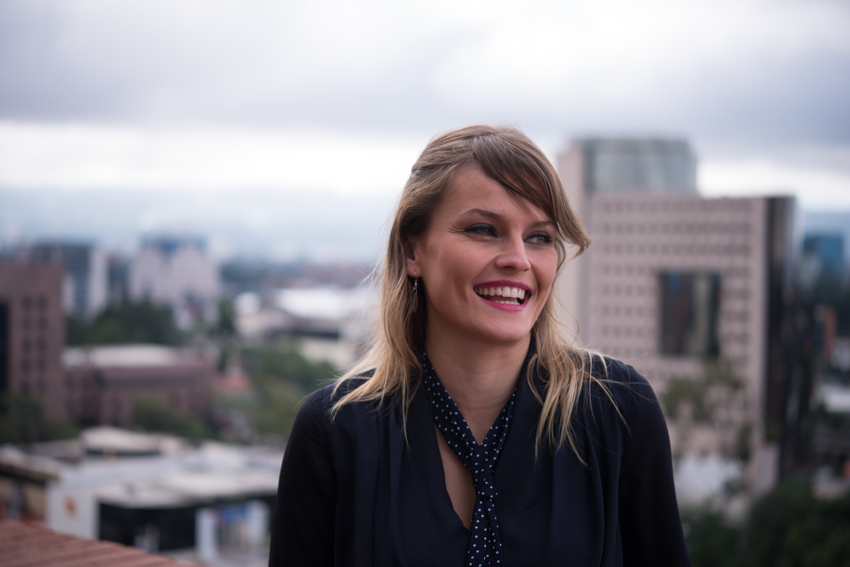
Douglas Braff: It takes a lot to run for public office—especially President. What would you say compelled you to run for President?
Gloria Álvarez: What compelled me to run for President is the fact that four years ago Guatemalans were fed up with their government system and they chose a comedian [current President Jimmy Morales], thinking in this logic that an outsider would be a better choice. And actually it was a terrible choice because this outsider was absolute compromise with all the powers that make the Guatemalan system so corrupt. So he was compromised with the oligarchs, with the military, with the unions—and this made him a very unviable president. He didn’t do any of the job that he was supposed to do: The proper reforms that Guatemala needs. And now, four years later, we encounter that we have a very low level of debate. It’s terrible. I mean, no candidate is very serious about the things that they are proposing for changing the system. We have 32 candidates, none of them have an ideology. So, even though I knew that, you know, it’s illegal [for me to run because of my age], I wanted to send out this message so that the level of debate will raise, so that Guatemalans will say: “How come someone that is not running for real have better proposals than all the candidates that are actually running?”
DB: What are the main components of your platform?
GA: I have five non-negotiable principles that tackle the core of the administrative system of Guatemala’s executive, legislative, and judiciary branches, and then there are ten things that have to deal with more the social aspects of Guatemala regarding individual liberties. So, the five non-negotiables are things like: (1) The centralizing [of] tax collection in Guatemala. Instead of everything going to the capital, every state manages their own taxes and spends their taxes in their own state. (2) The executive branch [should be] reduced from 14 ministries to only 4, and the 15 secretaries [should be] eliminated. (3) I’m also proposing eliminating the way that we choose congresspeople. Instead of lists that are made by political parties, we [should] choose them individually. (4) I’m also proposing a flat tax for every tax in the country instead of progressive taxes. (5) Finally, 50 cents of every quetzal—our currency— [should go] to security and justice, which today is only two cents out of every quetzal.
DB: Recently, the scandal involving President Jimmy Morales and his wife seems to have dominated Guatemalan politics—from the perspective of an outsider. What’s your opinion of him, his wife, and the scandal?
GA: It’s no mystery that Guatemala is corrupt, and it’s not about Jimmy Morales and his wife, it’s about the system. It’s the same system that in 2015 compelled us to take the president and the vice president down. But the thing is that even [though] we took down that regime, the system didn’t change. The unions—the corrupt, Marxist unions—still control the education and the health. There still is judiciary weakness. The judiciary power should be the most important one, but it’s the one that has least money and it isn’t independent at all. We’re talking about a country that has 98 percent of its cases unresolved, so there’s impunity, no punishment for any crime—11 violent deaths every day and a robbery every six minutes. The incentives of the actual Guatemalan government are incentives for corrupt people.
DB: During October and November the Central American migrant caravans dominated U.S. media and our Midterm Elections. Has this situation involving the migrant caravans played a role in the presidential election so far? And, if not, do you expect it to eventually play one?
GA: I don’t think so at all. I think the migrant caravan that started in Honduras was, like, this curtain of fog to diminish the killings that [President] Daniel Ortega was doing in Nicaragua. It was strategically financed—we don’t know yet who financed it—but migration to the United States is always spontaneous, it’s never something that is strategically planned. Migration is a constant problem that no politician wants to address in the way it should be addressed, and the reality is that migration will stop in the moment that our countries grant individual liberties and economic liberties, and this is the issue that no one wants to talk about.
DB: While researching you, I saw something on your Facebook about one of your campaign video being blocked, I believe. Could you please elaborate on this situation?
GA: Yes, sometimes when I do something controversial on social media, the troll centers of all the regimes of socialism of the 21 Century or troll centers of the political parties gather together to denounce my page until a post is brought down. So, I had to post it again, talk with people who work on Facebook, and they actually apologized. But this is not the first time. It has happened, and I don’t think it’s going to be the last.
DB: To wind down this interview, I’d like to ask: What impacts could this election potentially have on the rest of Central America, and then as well as on the United States?
GA: Well, I hope this campaign elevates the level of debates and puts in questions that have been forever on hold in Latin America, like drug legalization as the only solution to the narco violence and the
Douglas Braff
Please note that this interview was conducted in English with text messaging and voice messaging via Whatsapp.

Douglas Braff is a copy editor at “In the Zeitgeist” and a senior at NYU who studies History and Creative Writing. Hailing from Long Island, New York, he hopes to potentially have a career in law, education, politics, or film acting. Doug has interned in the US Senate and at the Meridian International Center. Outside of school, Doug loves to act, write creatively, listen to music, walk around the city, and visit art museums. Follow Doug on Twitter.

